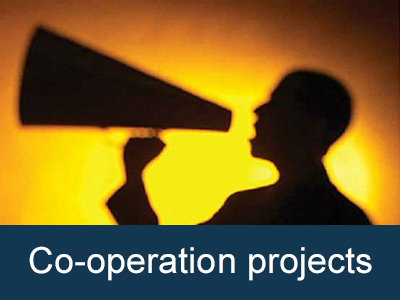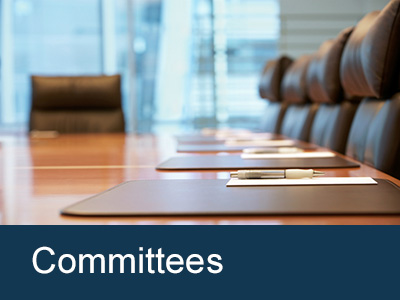There are currently more than 3 billion Internet users in the world. Almost two-thirds of the EU’s population used the Internet daily in 2014. Because of its main characteristics, the Internet offers advantages to those who wish to use it as tool for assembly and association.
The Report prepared by the Committee of Experts on cross-border flow of Internet traffic is focused in particular on the new challenges to the right to freedom of peaceful assembly and association and explores possible responses to them.
The Internet has become the public sphere of the 21st century, making ICTs an essential tool for assembly and association, but they are also used in the context of urban violence, incitement to violence and terrorism. The Report on Freedom of assembly and association on the Internet provides a thorough analysis of the challenges and questions related to the exercise and enjoyment of these freedoms online.
Main conclusions of the report:
- New laws which address the use of Internet and ICTs in the context of exercise of these freedoms should not be vague or leave too wide a margin of interpretation.
- As Internet access is an enabler of freedom of assembly and association, States should continue to promote Internet accessibility.
- In order to take full advantage of the opportunities offered by the Internet and ICTs, it is necessary to improve Internet literacy.
- It is important to define more precisely the legal conditions for blocking and filtering a website, by the State and private sector actors.
- National authorities, including law enforcement and judges, should be aware that civil disobedience may take place on the Internet.
Please see more here and in the report sections of the Freedom of Expression website along with other publications.











